Regular readers of my Tech at Night series have seen me make the case for the proposed merger of AT&T and T-Mobile USA by pointing out how it would improve competition because the two companies combined could compete better with 4G networks like Verizon and the combined Sprint/Clearwire.
But there’s a more basic reason than that to oppose any government meddling in the deal, as proposed by Sprint Nextel itself, as well as George Soros/OSI-funded front groups like Public Knowledge or Free Press. Both a Constitutional and a common sense approach would be not to intervene unless we have good reason. And the reason for intervention given by the radical left, as well as by competitors like Sprint, just doesn’t make sense.
Put simply, the AT&T/T-Mobile deal cannot simultaneously hurt Sprint and give AT&T price setting power, especially not when the Sprint/Nextel deal had the opposite effect on prices.
If we go back to basic economics, the reason a monopoly is disliked is that monopolies have the power to set prices. Textbooks like to talk about the two extremes of competition. In the case of the strongest competition, sellers must sell at the market price. If they go higher, then nobody will buy from them and they go out of business. If they go lower, and can do so profitably, then everybody will buy from then and everyone else will have to match the price or go out of business.
In the case of no competition, a true monopoly, the monopolist has no constraints on pricing. The monopolist can set the price that maximizes profits, a price that usually is higher than a competitive market would allow.
However these simple theoretical scenarios only describe the extremes of what is possible. Somewhere between pure competition and a true monopoly is a description of most real-life markets. It’s possible that as a market gets less competitive, firms in the market will get more and more power to set prices instead of taking prices. And that is what Sprint and George Soros want you to fear: That the combination of AT&T and T-Mobile will change the wireless market from competitive, to not, turning AT&T from a price taker to a price setter.
But there are two reasons this doesn’t make sense. The first is theoretical. Let us assume for argument that the national wireless market would function as an oligopoly after the AT&T/T-Mobile merger. In fact, Wikipedia uses the wireless market before the Sprint/Nextel merger as an example of an oligopoly, noting that Sprint and Nextel were the third and fourth largest firms in the market. Today the combined Sprint Nextel is third.
Being an oligopolist, Sprint Nextel would benefit from any decrease in the power of the market to set prices. If the combined AT&T/T-Mobile were able to set prices higher, so would Sprint Nextel! In fact, Sprint Nextel would be able to raise prices just as much as AT&T and Verizon. The three could all move up together, increase profits, and pad their bottom lines. That’s how oligopoly works. Coke and Pepsi cost more than off brands, but they cost more together, so they both profit.
So theoretically, Sprint’s fears make no sense. If the removal of T-Mobile from the market would decrease competition, Sprint should benefit. The only reason Sprint would be harmed by the merger would be if the merger increased competition, lowering prices, and compressing the margins that keep Sprint afloat. If Sprint is weak, then it fears competition and favors oligopoly. Therefore, Sprint’s opposition to the AT&T/T-Mobile deal projects the deal would increase competition nationally.
There’s good reason for Sprint internally to project lower prices and higher competition, too. The Sprint Nextel merger showed just that effect. Nextel ceased to be in 2005. In that same year, the PPI for wireless telecommunications crashed. With the 100-year set at the end of 2003, prices were at a 93.6 in January 2005. By December 2005, when Nextel was gone, prices had dropped to an 81.3. That’s over 10% down in one year. Since then prices have continued to crash, with the preliminary PPI for the industry down to 67.8 in April 2011.
BLS data on wireless phone service prices is also down, down, down. If we look at the three month moving average of price change as Michael Mandel did, we see prices decreasing nearly every month, on a year-on-year basis, since March 2003. Over the last year the rate of decrease has in fact accelerated.
Very few industries see their prices dropping year on year. Most industries have prices go up with inflation. Others are more volatile. Still others (medicine, college) have government subsidies driving up prices faster than inflation. But the wireless telecommunications industry, despite the series of mergers we’ve seen since the breakup of Ma Bell and the explosive growth of wireless, this industry continues to cut and cut and cut. That’s not the sign of oligopoly. That’s the sign of strong competition.
Competition grew tougher when Sprint and Nextel joined forces. We have no reason to expect different when AT&T and T-Mobile do the same. No matter what George Soros-paid community organizers would like you to think.


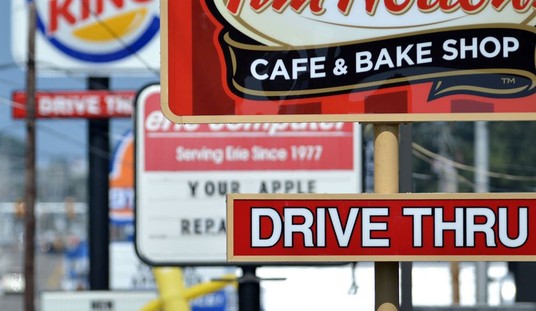

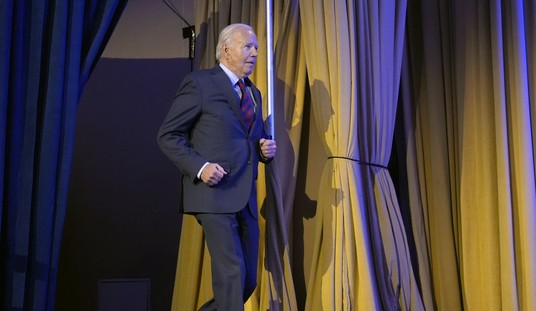
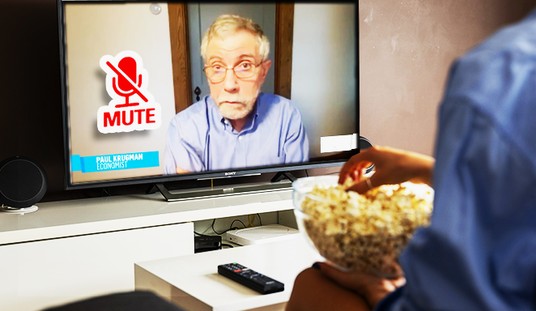
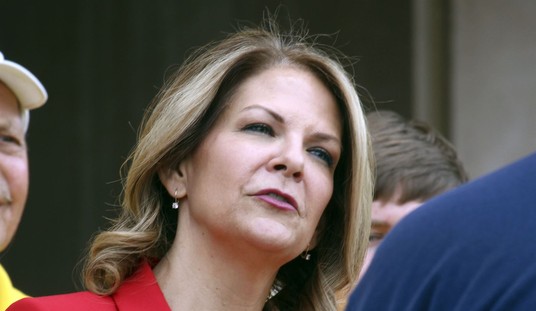
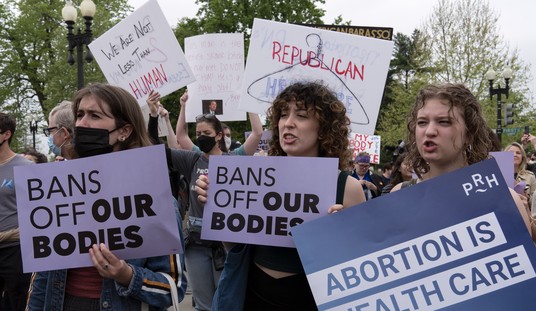





Join the conversation as a VIP Member